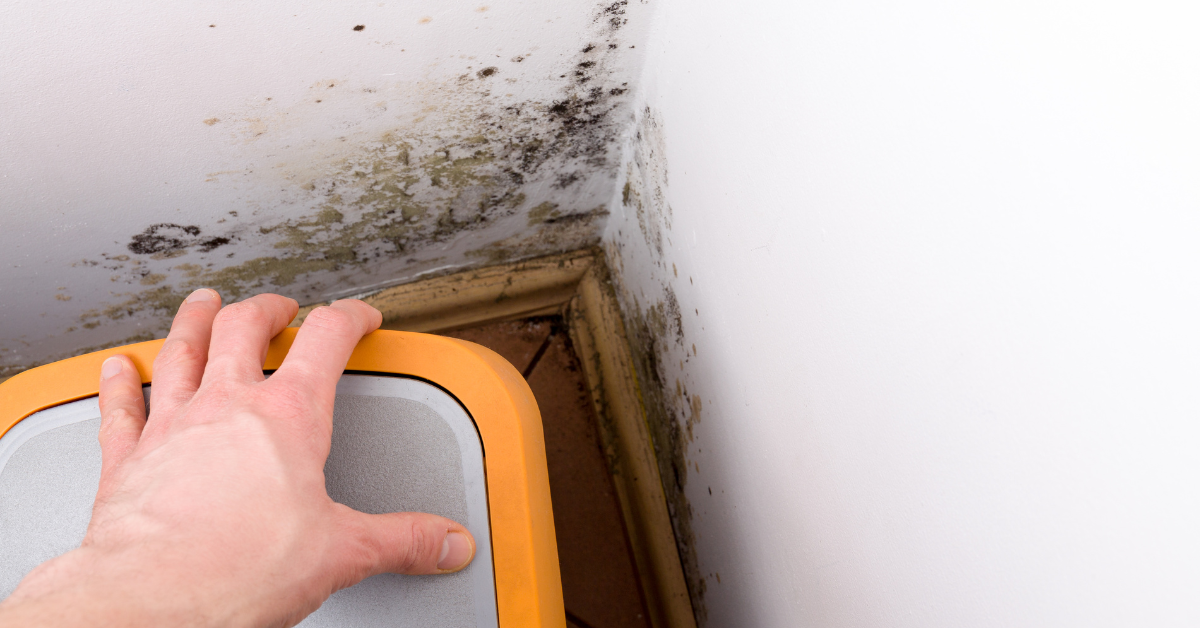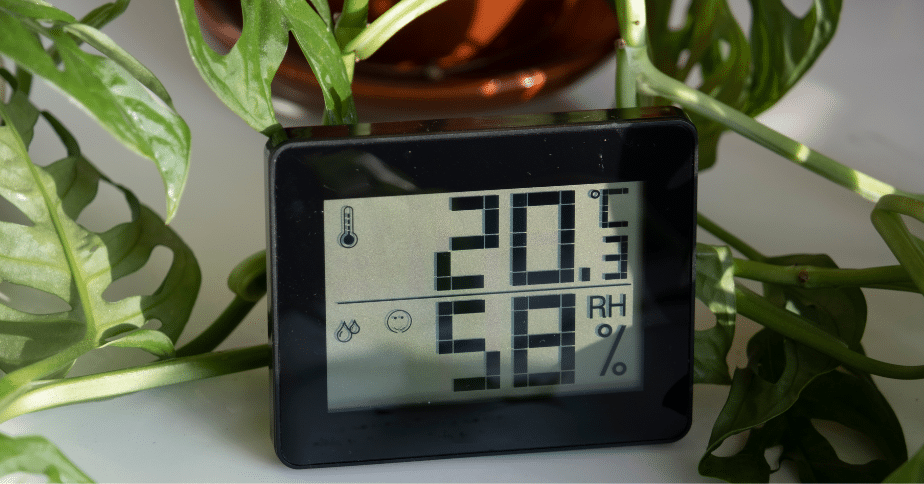Can Black Mold Cause Autoimmune Disease?

One of the most common types of the black mold is called Stachybotrys chartarum, also known as toxic mold. While it’s referred to frequently as black mold, it can also be a greenish or brown color, and it tends to grow on wood, paper products, and cotton. Mold can produce toxic chemicals in airborne spores, which are called mycotoxins. Some people are allergic to mold, but for others, there are broad symptoms that can occur with exposure, known as toxic mold syndrome. There are also links to mold and immune system disorders, including autoimmune disease.
The Causes of Black Mold
Mold is part of the environment, and in the right conditions, all types can grow. The “right” conditions for mold to grow and thrive include a space with a humidity or moisture level of 70% or above. The mold needs a food source, which in your home can be drywall, and it needs oxygen and temperatures ranging from 40-100 degrees.
Specifically, where mold is most likely to grow in a home include anywhere there’s been leaky water, damp rooms without a lot of ventilation, like a bathroom, and basements with high humidity. Other mold-prone areas include anywhere there’s been previous flooding and parts of a home with abundant water condensation.
If you’re allergic to mold, you may experience obvious and nearly immediate symptoms when exposed. For other people, symptoms develop over time with ongoing exposure, making it harder to uncover why they’re happening.
Common mold exposure symptoms can include coughing, sneezing, and postnasal drip. Dry skin, itchiness of the nose, throat, or eyes, and nasal congestion can also be symptoms of mold exposure.
For people with asthma, mold exposure can worsen symptoms and lead to a higher likelihood of experiencing an asthma attack. Asthma attack symptoms include tightness of the chest, shortness of breath, wheezing, and coughing.
What Are Mycotoxins?
A mycotoxin is a metabolite produced by microfungi that can cause diseases and even death in humans and animals.
Black mold is capable of producing mycotoxins. There’s research showing the mycotoxins that black mold, or more specifically, S. chartarum produces, can cause serious health problems, including mycotoxicosis or mold poisoning. Along with mold poisoning, when someone lives in a building contaminated with mold releasing mycotoxins, it can cause headaches, nosebleeds, changes in mood, memory loss, and body pain.
Autoimmune Diseases
Our immune system can help protect us from diseases and infections by attacking things like bacteria and viruses that might enter our bodies. Our immune systems will recognize when something isn’t part of the body and destroy them.
When a person has an autoimmune disease, however, their immune system becomes out of control, mistakenly attacking their healthy tissues and organs.
Dozens of autoimmune diseases can affect almost every part of the body.
When you have an autoimmune disorder or a dysregulated immune system, your immune system might attack your skin or joints, for example, thinking they’re foreign invaders.
With some autoimmune disorders, like type 1 diabetes, the immune system targets just one organ. Then, in other diseases like systemic lupus erythematosus or lupus, the entire body can be attacked.
Some people are more likely than others to develop autoimmune diseases. For example, the rate of women with these disorders compared to men is 3 to 1. There may also be genetic components to autoimmune diseases like lupus and multiple sclerosis.
The rates of autoimmune disorders are on the rise, leading researchers to think that environmental factors could be more heavily involved than previously understood. Environmental factors can include diet, such as the typical western diet, which is high in sugar and processed foods.
Environmental factors can also include exposure to certain substances, possibly including black mold and other household toxins.
While every specific autoimmune disease can present its own set of symptoms, some of the similar, shared symptoms between these conditions often include:
- Joint pain and swelling
- Fatigue
- Skin problems
- Digestive issues
- Abdominal pain
- Swollen glands
It can be difficult to diagnose an autoimmune disease because the symptoms are often so broad. There’s not one single test that can tell a person if they have an autoimmune disease, and the symptoms can be nonspecific and similar to many other conditions.
Exposure to Mold and Autoimmune Diseases
Can mold exposure cause autoimmune disorders? Increasingly, the answer to that question may be yes, or, at a minimum, it could worsen autoimmune disorders. Toxic mold can produce those poisonous mycotoxins that can harm the immune system.
There are two general ways that mycotoxins might affect the immune system.
Our immune system’s dendritic cells can have an immunosuppressive effect, and they can cause T cells to mature and multiply and secrete cytokines. Cytokines are proteins that help manage cellular communication, organizing resistance to invaders. Some types of mycotoxins can damage these dendritic cells, though.
There’s also some evidence to show that mycotoxins can cause problems with the signaling of immune cells. Without proper cellular communication, the immune system can underreact, making you more susceptible to infections because you have a weaker, less effective immune system.
Some mycotoxins can produce symptoms more in line with autoimmune disease. We sometimes need inflammation to repair damaged tissue and fight bacteria. Mycotoxins can overstimulate the immune system, causing excessive inflammation. Your immune system can no longer distinguish between harmful invaders and healthy organs and tissues.
Chronic inflammation is one of the underlying factors for autoimmune diseases. Mycotoxins can also trigger genes that cause inflammation and overstimulate our inflammasomes. Inflammasomes are the immune system sensors responsible for regulating our inflammatory responses.
Something like mycotoxins and mold could have significant and negative effects on our immune system function, especially with long-term exposure. When you’re breathing in any type of toxins, these are invaders, and the immune system is more likely to be stimulated in response to them. However, ongoing, chronic stimulation might lead to autoimmune symptoms in some people.
This isn’t to say that mold exposure alone is a direct cause of autoimmune diseases, as they are complicated and often many factors lead to their development, but it is something to consider. There’s also research showing that people with pre-existing immune system problems may be especially susceptible to the effects of mycotoxins and mold exposure.
If you’re worried about the effects of mold on the health of your family, or your health, we encourage you to contact us. At Air Quality Assessors, we provide residential mold inspections with fast results and free consultations.



